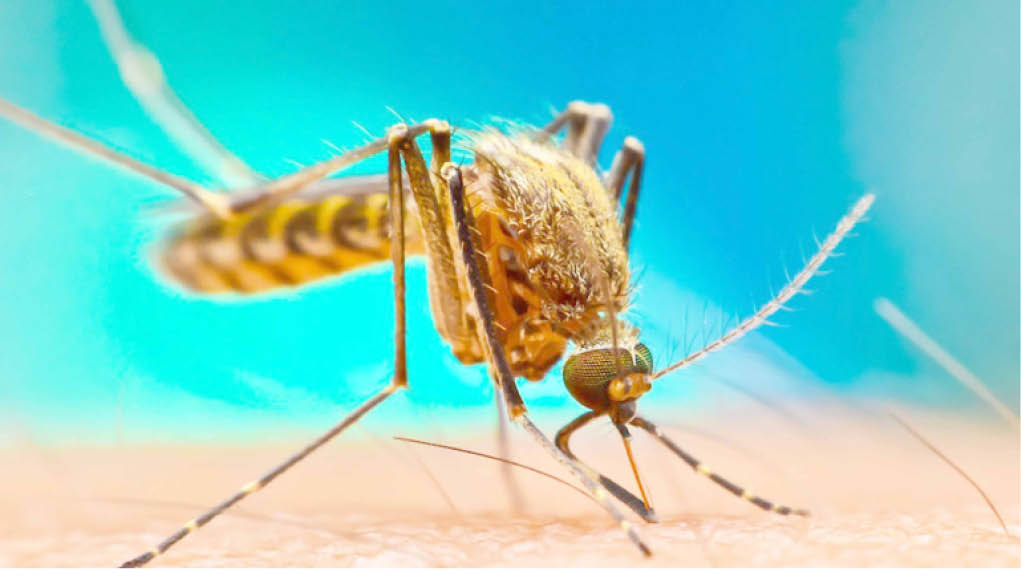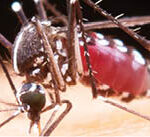Malaria is a life-threatening disease that continues to ravage Nigeria, accounting for a significant proportion of global cases and deaths. As a tropical country, Nigeria is prone to malaria transmission by the anopheles mosquito.
Alarmingly, 76 per cent of Nigeria’s population is at risk of malaria due to high transmission areas. In 2019, Nigeria accounted for 27 per cent of global malaria cases and 24 per cent of deaths, according to the World Malaria Report, 2020.
In 2021, around 247 million cases of malaria were reported worldwide and about 619,000 people died. Four African countries accounted for over half of all the malaria deaths worldwide: Nigeria (31.3 per cent), the Democratic Republic of the Congo (12.6 per cent), Tanzania (4.1 per cent) and Niger (3.9 per cent).
The disease has far-reaching negative effects on society and the economy. These include high morbidity and mortality, as the disease is a leading cause of illness and death in Nigeria, particularly among children under five and pregnant women.
Malaria imposes a significant economic burden on households, communities and the nation, with costs including healthcare expenses, lost productivity and reduced economic activity. Repeated episodes of malaria led to absenteeism, poor academic performance and increased dropout in schools.
Among other negative effects, malaria increases the risk of anaemia and malnutrition, particularly among vulnerable populations like pregnant women and children.
Now that the rains are here, malaria cases are on the rise, and mosquitoes are building resistance to some drugs. Without mincing words, some people treat malaria all year round.
It is imperative for the Nigerian government and citizens to take the fight against malaria seriously. While the government has a major role to play in the fight against malaria, it requires collective efforts.
Citizens must implement indoor residual spraying and environmental management strategies to eliminate mosquito breeding sites.
The Nigerian government must increase access to insecticide-treated bed nets, which is a proven and effective prevention method, and improve access to diagnosis and treatment by enhancing healthcare infrastructure, training of healthcare workers and increasing access to accurate diagnosis and effective treatment.
Government must integrate malaria control into primary healthcare services to enhance early detection and treatment, even as it conducts public awareness campaigns to educate Nigerians on malaria prevention, symptoms and treatment. The government must invest in research and development of new malaria control tools such as vaccines and drugs and collaborate with international partners to leverage resources, expertise and funding to support malaria control efforts. Health systems must be strengthened to ensure effective delivery of malaria control interventions.
The government must also prioritise the fight against malaria as the disease has devastating effects on the society and economy.
By prioritising the fight against malaria, Nigeria can reduce the burden of the disease and improve the health and wellbeing of its citizens.
The Nigerian government and citizens must unite to combat malaria. We owe it to ourselves, our children and our nation to take action against this deadly disease.
The time to act is now. Let us join forces to eliminate malaria in Nigeria.
Dayo DaSilva is a media consultant and publisher based in Ogun State. [email protected]

 Join Daily Trust WhatsApp Community For Quick Access To News and Happenings Around You.
Join Daily Trust WhatsApp Community For Quick Access To News and Happenings Around You.

